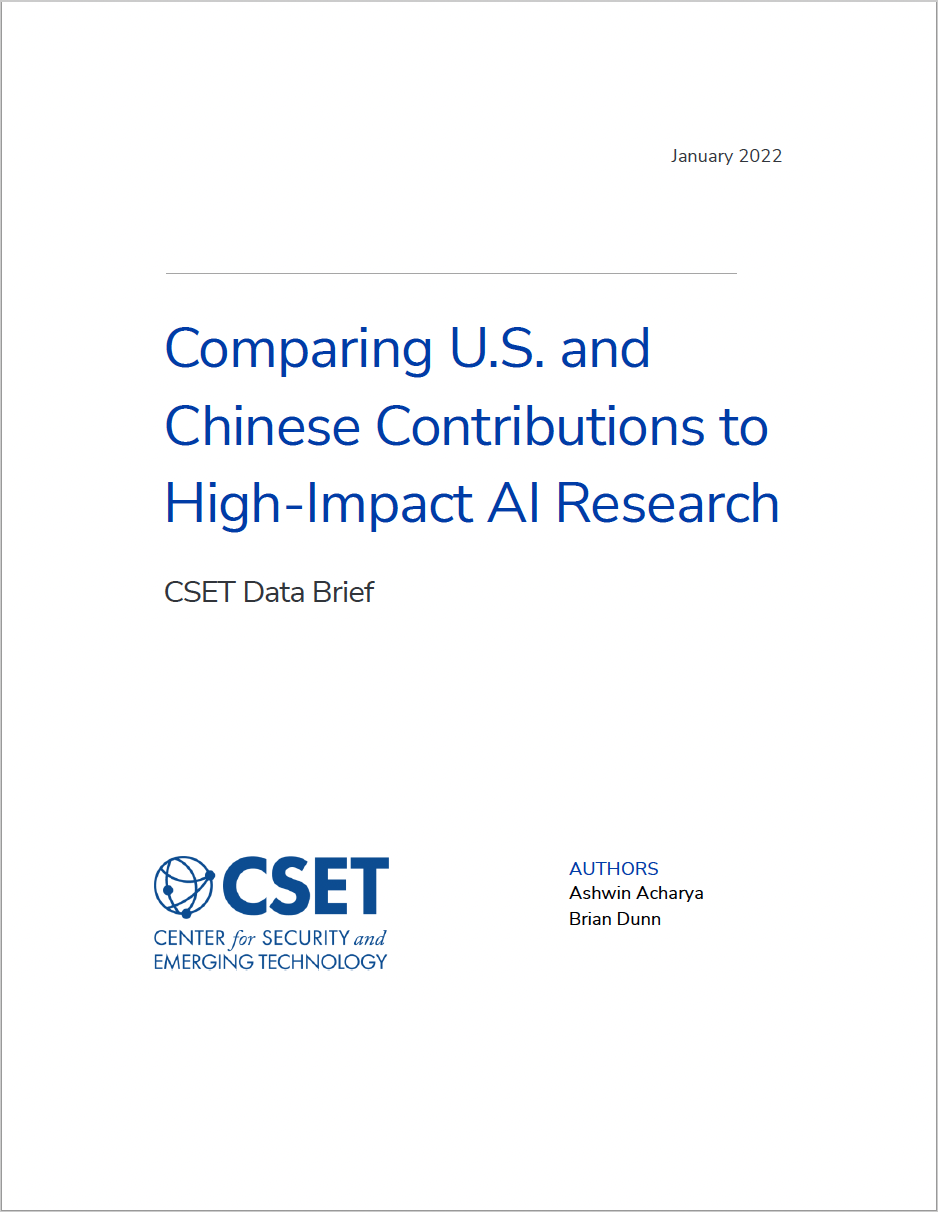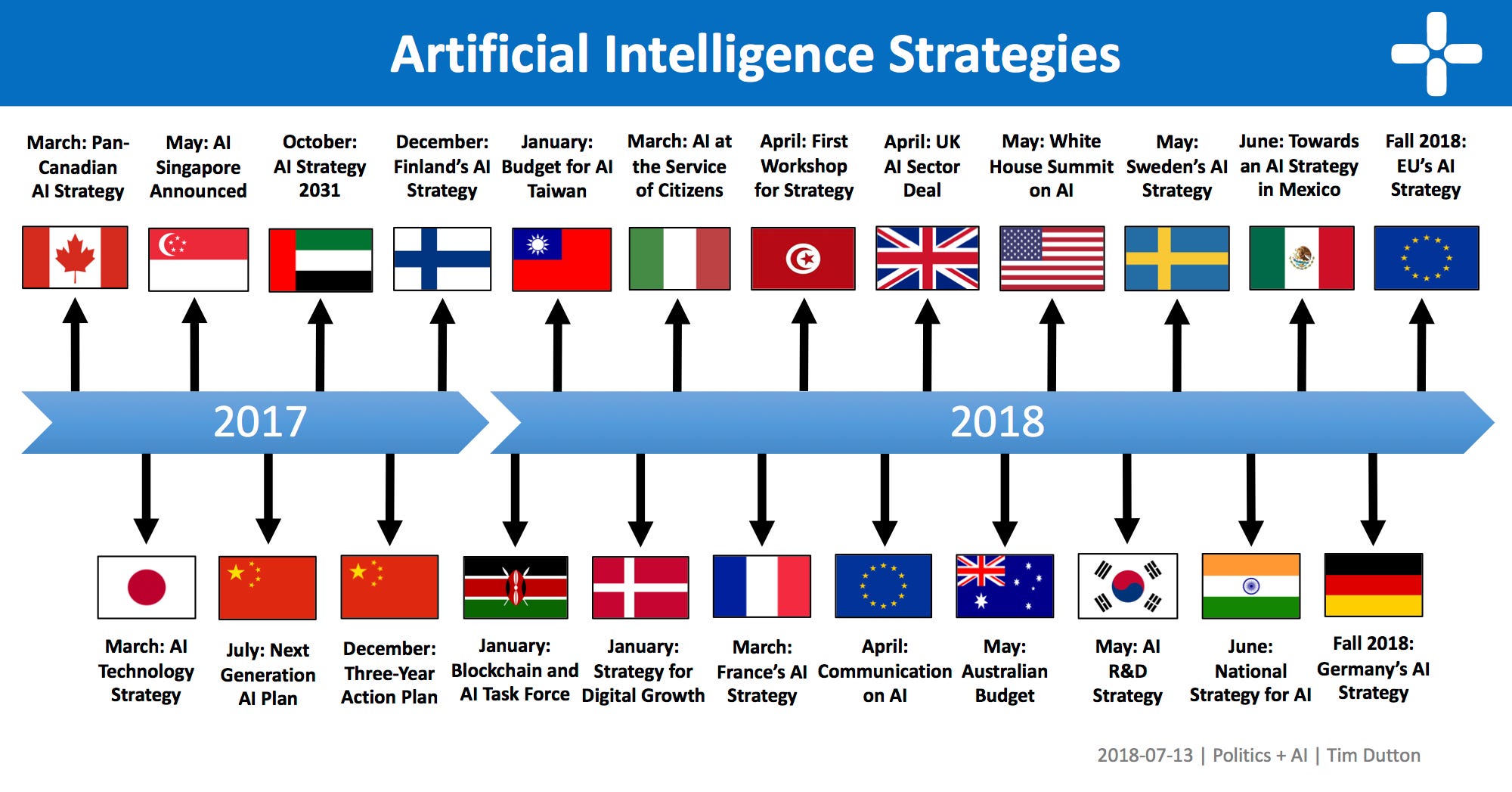How China plans to rule the world in AI - Asia Times
While the United States and China have shifted their focus to AI as the new battleground in the great power competition, China's approach to influencing AI governance and development on a global scale is not as widely recognized as that of the US. In this article, we delve into China's strategies and intentions in the realm of Artificial Intelligence and how it aims to leverage AI for global influence.

China's Strategic Approach to AI
China views AI as a strategic technology that will elevate its status among the most innovative nations in the world. Recognizing the national security implications of AI, China has laid out plans to take the development of AI to a national strategic level to create new competitive advantages and protect its national security interests.

While China has made significant progress in AI, including achievements in voice recognition, visual recognition, robotics, and biometric identification, it acknowledges the need for improvement in areas such as basic theory, core algorithms, and high-end chips. To bridge these gaps, China is focusing on enhancing its infrastructure, policies, regulations, and standards systems.
Striving for First-Mover Advantage
China aims to capitalize on global AI trends by proactively exploring key frontier domains in AI development. By monitoring global AI developments and identifying strategic opportunities, China hopes to lead the world in setting AI trends.

The Ministry of Education in China released the Artificial Intelligence Action Plan for Institutions of Higher Education with a key goal of gaining a first-mover advantage in AI development. This reflects China's strategic intent to drive innovation and applications in AI.
Financial Prioritization for AI Development
China recognizes the importance of financial resources in advancing AI capabilities. By allocating resources for innovation on a global scale and utilizing policy incentives informed by financial experts, China aims to optimize its resources for AI innovation.
Despite budget cuts in many countries, China prioritizes funding for basic science, recognizing its critical role in developing world-leading AI systems and driving economic growth. China's AI plans include achieving major breakthroughs in AI theories and applications by 2025 and positioning itself as a world leader in AI innovation by 2030.
International Influence and Collaboration
China's ambition extends beyond domestic achievements to global influence in AI. By partnering with other countries, supporting international cooperation, and encouraging foreign investments in AI research and development, China aims to expand its influence on AI developments internationally.

Through initiatives like the "One Belt, One Road" strategy and partnerships with countries like BRICS, China seeks to increase its global footprint and establish itself as a key player in the global AI landscape.
Talent Development and Retention
Recognizing the importance of talent in AI development, China is addressing its brain drain of scientific and technological talents by prioritizing talent development and retention in its AI plans. By investing in talent and fostering a conducive environment for innovation, China aims to strengthen its position as a global AI powerhouse.
By understanding China's game plan in AI development and governance, other actors in the AI landscape can better prepare and respond to China's strategic moves. As China continues to lead in AI publications and patents, its influence on global AI markets is set to grow, shaping the future of AI innovation and governance on a global scale.










